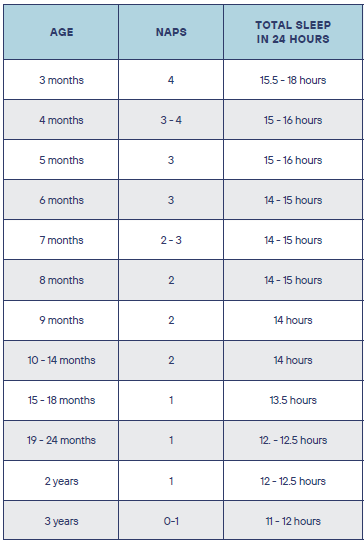Why Naps Are Essential for Babies and Toddlers (And How They Improve Nighttime Sleep!)
Lacy Hess • February 24, 2025
The Crucial Role of Naps in Your Baby's Development and Sleep Quality

When we talk about healthy sleep for babies and toddlers, nighttime rest often takes center stage. However, daytime naps are just as vital for your little one’s development, mood, and overall health. Beyond giving parents a much-needed break, naps support brain growth, emotional regulation, and better sleep at night. Let’s explore why naps are a non-negotiable part of your child’s daily routine.
1. Naps Boost Brain Development
During sleep, your child’s brain processes and stores all the new information they absorb while awake. This helps them develop essential skills like rolling over, crawling, speaking, and problem-solving. Research shows that well-rested babies retain new learning experiences better than overtired ones.
2. Naps Prevent Overtiredness and Improve Mood
It may seem logical to keep babies awake longer to tire them out, but this often backfires. Overtired babies and toddlers become fussier, more irritable, and struggle to fall asleep at night. Regular naps help regulate emotions, making your little one happier and more adaptable throughout the day.
3. Naps Support Physical Growth and Strengthen Immunity
Sleep plays a critical role in physical development, allowing the body to rest and restore energy. Additionally, sufficient sleep enhances the immune system, helping your child fight off illnesses more effectively.
4. Naps Lead to Better Nighttime Sleep
One of the biggest sleep myths is that skipping naps helps babies sleep longer at night. The reality? Overtiredness makes it harder for babies to settle and stay asleep. A well-rested baby with consistent naps is more likely to sleep soundly at night.
5. Naps Enhance Emotional and Social Development
A well-rested child is more patient, engaged, and ready to explore their environment. Daytime sleep helps toddlers regulate emotions, reducing meltdowns and making social interactions more positive.
6. Naps Establish Routine and Predictability
A structured nap schedule provides security and predictability, helping babies and toddlers feel more at ease. Consistent naps also make it easier for parents to plan their day and create a structured daily flow.
How Many Naps Does Your Child Need?
Nap needs change as your child grows:

Struggling with Naps? I Can Help!
If your little one fights naps, wakes up too soon, or struggles with sleep routines, you’re not alone! A predictable schedule, a sleep-friendly environment, and age-appropriate wake windows can make a big difference.
If you haven’t grabbed your FREE 'Top 3 Sleep Tips' yet, download your copy today and subscribe to my newsletter to get new blog posts delivered straight to your inbox!
Looking for one-on-one support to improve your child’s sleep? Book a FREE consultation today! Let’s work together to bring sleep back to your home.




